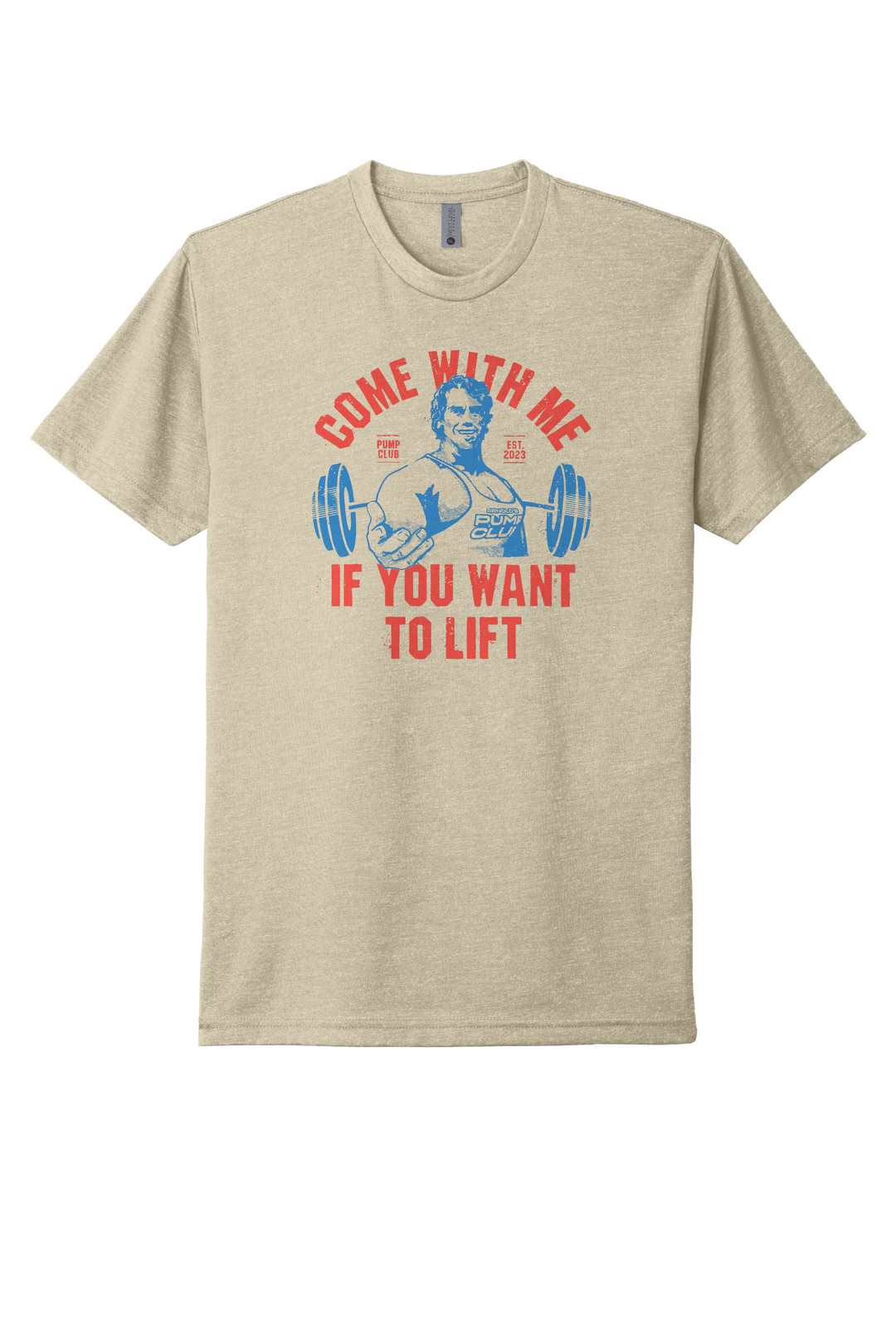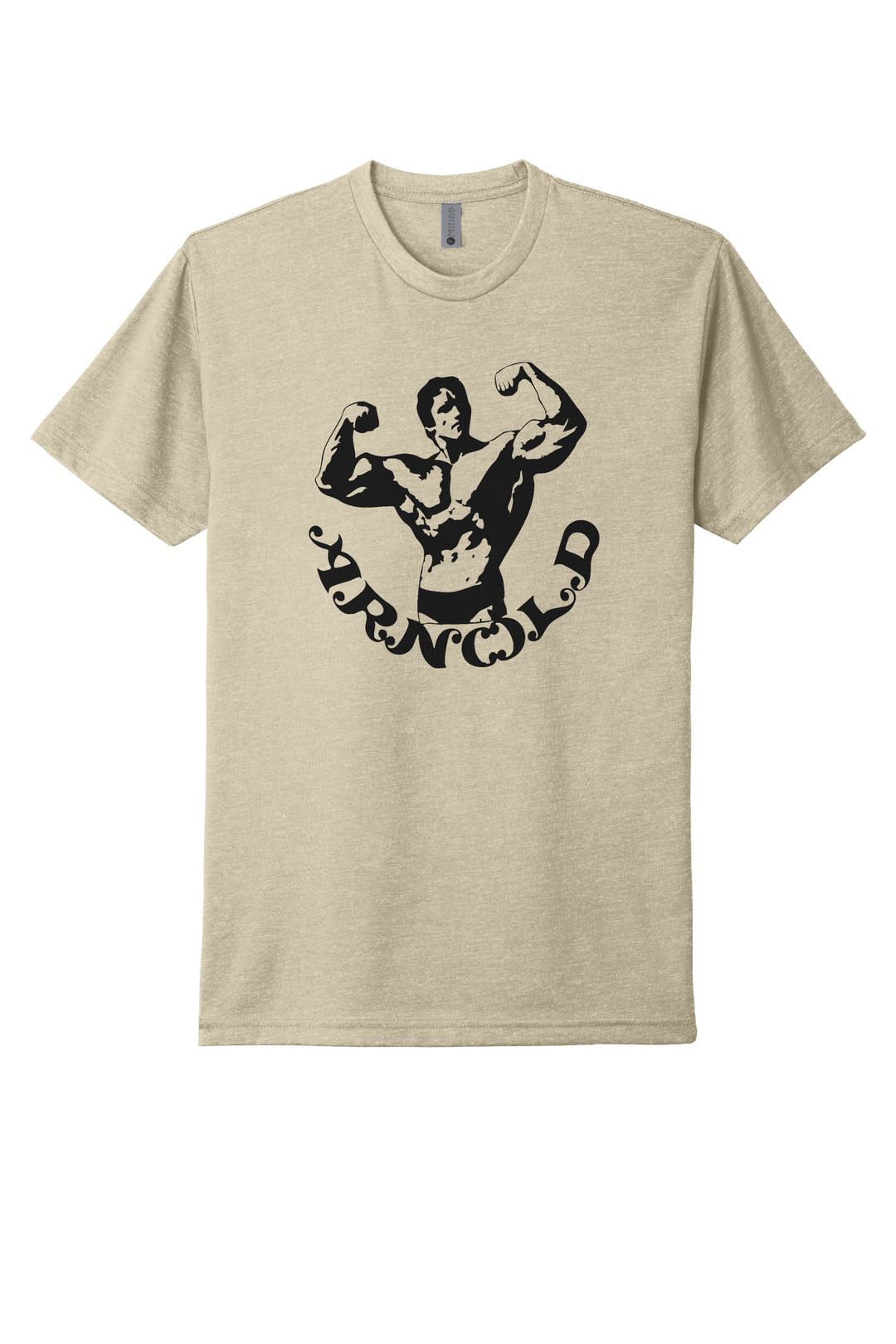Welcome to the positive corner of the internet. Every weekday, we help you make sense of the complex world of wellness by analyzing the headlines, simplifying the latest research, and providing quick tips designed to help you stay healthier in under 5 minutes. If you were forwarded this message, you can get the free daily email here.
Today’s Health Upgrade
The military’s secret recovery weapon
The real reason you’re not getting stronger
Is diet soda worth the stress and anxiety?
A Little Wiser (In Less Than 10 Minutes)
Arnold’s Pump Club Podcast is another daily dose of wisdom and positivity. You can subscribe on Apple, Spotify, or wherever you listen to podcasts.
Instant Health Boost
Military Tested, Muscle Approved
When your training pushes you to the limit, recovery becomes just as important as performance. But instead of overthinking what your body needs, a simple, natural food could help keep you stronger and less fatigued.
New research suggests that honey may reduce muscle inflammation after overtraining, helping you recover faster.
Researchers investigated the effects of different carbohydrates on managing muscle-related inflammation in military graduates undergoing intense overtraining.
Participants who supplemented with honey showed significantly lower levels of inflammation-related biomarkers compared to those who did not.
Researchers believe the benefits stem from honey’s high antioxidant content and natural anti-inflammatory properties. Honey contains flavonoids and phenolic acids, compounds known to reduce oxidative stress and help control inflammation. Additionally, honey's carbohydrate content may contribute to glycogen replenishment, supporting faster muscle recovery.
If you’re performing high-intensity workouts, adding a spoonful of honey post-workout—either directly, in yogurt, or a shake—could support your body’s recovery. But, keep your expectations realistic: honey isn't going to eliminate muscle soreness or turn you into a recovery machine overnight. Think of it as one tool in your recovery toolkit alongside proper sleep, nutrition, and smart training periodization.
And remember, if you're constantly feeling exhausted or weak, honey won't fix poor programming — that's a signal to reassess your training program.
Fitness
Is Your Last Rep Sabotaging Your Next Workout?
If you’re not progressing your workouts — getting stronger, making exercises more challenging, or adding reps or sets — you won’t see the changes you desire. But there is a fine line between pushing the limit and leaving nothing left in the tank.
Research suggests taking every set to failure is more likely to limit your results.
Scientists analyzed 51 studies examining how different resistance training variables affect fatigue and recovery. They specifically looked at three key factors: how close you train to failure, how heavy the weights are (intensity), and how much total work you do (volume). The researchers measured both physical fatigue—like how much force your muscles could produce afterward—and perceived fatigue, which is how tired and beat up you actually feel.
The findings were consistent across studies: training closer to failure dramatically increased fatigue markers, especially when combined with high training volumes.
Surprisingly, lighter weights taken to failure caused more overall fatigue than heavier weights stopped 1 to 2 reps short of failure.
Remember, you can build muscle with lighter or heavier weights, but with either approach, you need to push the intensity near failure.
When you train to failure — especially at very high reps — you're not just exhausting your muscles, you're overwhelming your entire nervous system. The researchers found that your muscles' ability to generate force (known as contractile function) and the signals your muscles send to your brain about fatigue (afferent feedback) were significantly more impaired than muscle activation itself. Think of it like overloading a circuit breaker: the wiring (your nervous system) gets overwhelmed before the individual components (muscle fibers) actually break down.
With lighter weights and higher reps, you accumulate more metabolic stress and require more total reps to reach failure, creating a perfect storm for systemic fatigue that takes longer to recover from.
If you want to build more muscle, your best bet is to stop 1 to 2 reps short of failure on most of your sets, especially if you're training frequently. If you’re going to push to complete failure, don’t do it every workout, and reserve for just one set or exercise per session.
And if you want to minimize fatigue so that you can keep getting better each workout, you’re better off prioritizing heavier weights over lighter weights taken to failure.
If you can choose between doing 12 reps to failure with lighter weight or 8 reps stopping just short with heavier weight, research suggests the heavier option will lead to better recovery, meaning you can push yourself harder the next workout, leading to more long-term progress.
If you're consistently dragging into your next workout and not making progress, you're probably pushing too close to failure too often.
Nutrition
Friends Don’t Let Friends: Stress About Diet Soda
If you’ve been side-eyeing your can of Diet Coke, wondering if it’s the villain behind stalled fat loss or creeping blood sugar numbers, take a deep breath. The latest science says your zero-calorie fizz might be more innocent than you think.
A recent study found that swapping water for diet soda didn’t make people healthier or sicker.
Researchers analyzed nine randomized controlled trials analyzing people who drank either artificially sweetened beverages (like Diet Coke, Coke Zero, or sugar-free energy drinks) or unsweetened options like water for 6 to 18 months. They tracked weight, waist circumference, blood sugar, cholesterol, and blood pressure.
Despite public outcry about these beverages, people drinking diet soda didn’t gain or lose more weight, didn’t see a shift in blood sugar control, and showed no difference in heart health markers compared to the water-drinking group.
Now, this doesn’t mean diet sodas are healthy. That’s not what the study shows. Instead, it merely suggests that if you enjoy the occasional can, it’s unlikely to do any damage.
What makes this study especially important is the design. Unlike observational research that can’t separate soda from everything else going on in someone’s lifestyle, randomized controlled trials limit outside variables and show cause and effect. This one focused on how people actually consume diet drinks—over months, not days.
The majority of research suggests that your body doesn’t treat artificial sweeteners like sugar, they don’t spike insulin, and they’re not stealthily sabotaging your metabolism. Of course, if you don’t like them, don’t feel good when you drink them, or you’re still not convinced, then just avoid them in your diet.
And remember, the biggest needle-movers for your health are still the basics: eating mostly whole foods, sleeping well, moving consistently, and managing stress. A can of Diet Coke doesn’t determine your success—your habits do.
Better Today
Take any of these tips from today’s email and put them into action
1-2 tablespoons of honey after intense training can help reduce muscle inflammation and speed recovery.
Stop 1-2 reps short of failure to help improve your next workout. If you don’t know the feeling of muscle failure, stop when the last 2-3 reps become slow (not because you purposely slow down).
Diet soda won’t directly lead to changes in your weight, blood sugar, or heart health.
—
Publisher: Arnold Schwarzenegger
Editors-in-chief: Adam Bornstein and Daniel Ketchell
























































